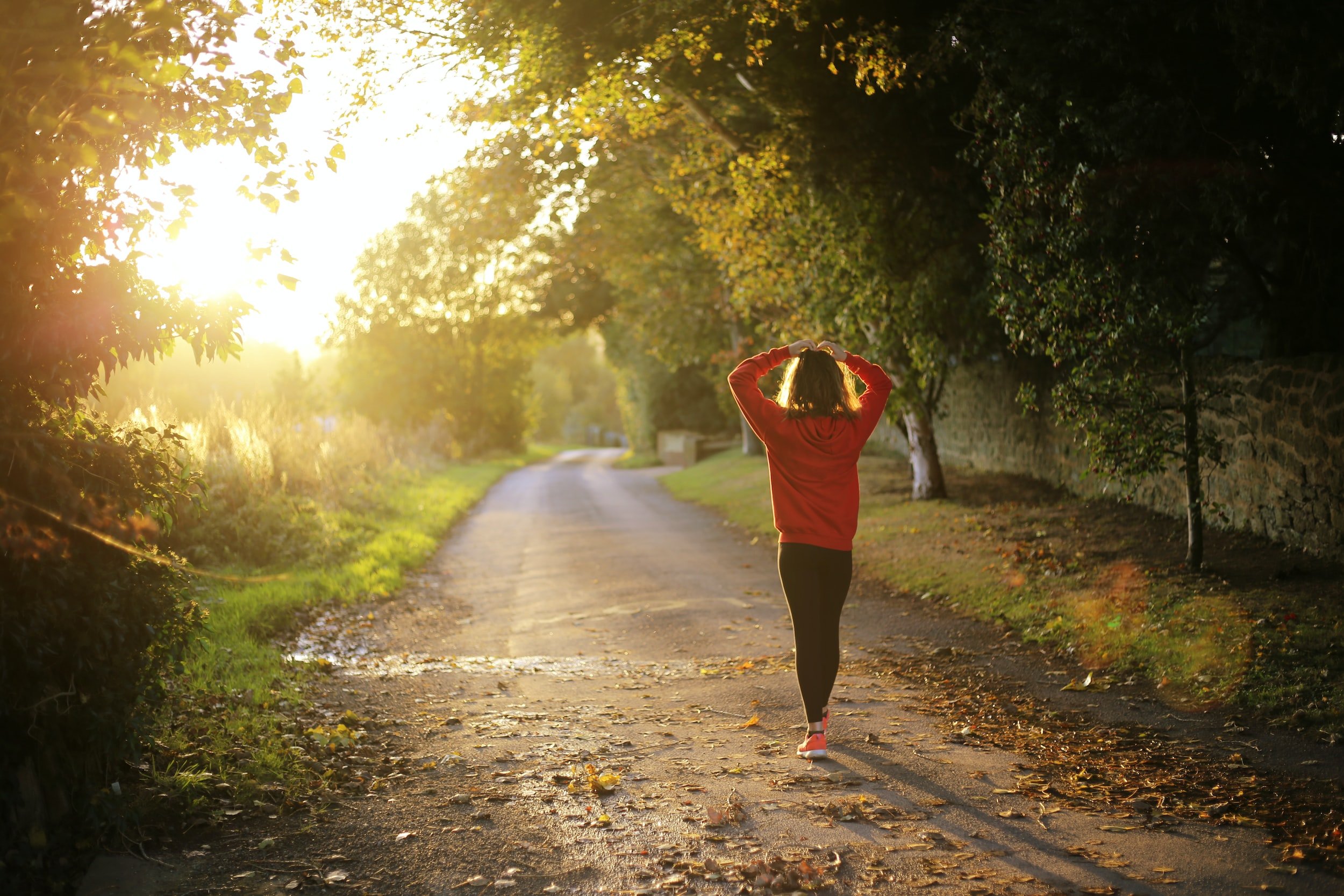Our Work
Our work showcases the research and insights of our remarkable community. Share your work with ASO by collaborating here. Subscribe to our free newsletter by clicking here.

‘What on earth do we do with this data?’ Two experiences of writing up research for publication
This post introduces two new research articles based on the same data set but which adopted quite different approaches to writing up for publication. The papers are titled: Extending understanding of ‘care’ as an embodied phenomenon: Alexander Technique teacher perspectives on restoring carers to themselves, and ‘I am teaching them and they are teaching me’: Experiences of teaching Alexander Technique to people with dementia.

Alexander Technique group lessons in an exercise program for women following treatment for breast cancer: An Interview with Alazne Larrinaga
This month we release an interview with Alazne Larrinaga, an Alexander Technique teacher based in Galway, Ireland. Alazne talks about her MSc research project where she introduced Alexander Technique group lessons into an exercise program for women following treatment for breast cancer.

A New Alexander Technique Publication in the British Medical Journal on Low Back Pain: An Interview with Carolyn Nicholls
This month we release a talk with Carolyn Nicholls about a helpful and first-of-its-kind research project for the Alexander world that achieved publication in the prestigious British Medical Journal in 2021.
Led by Joseph Little, this research paper helps us understand the effects of a combination of Alexander Technique private lessons and group teaching on low back pain and demonstrated significant positive results.

The Healthy Young Musician Project: Alexander Technique Research at the Royal Academy of Music
This month we release a discussion about the Healthy Young Musicians research project carried out at the Junior Royal Academy of Music in the UK. This innovative project involved a series of Alexander Technique group lessons for young musicians at the Academy and included a research study running alongside to assess student change and progress in terms of mindset, health, and well-being. The collaborative approach taken by presenters helps pave the way for greater health in young musicians and demonstrates interdisciplinary collaboration as a modern and positively impactful way to better understand and share the Alexander Technique.

Violin, Science, and the Alexander Technique: An Interview with Researcher Alison Loram and Special Guests
This edition releases a fascinating conversation that lies at the intersection between science, music, and the Alexander Technique. Centered around Alison Loram’s research with violinists titled ‘Proactive Selective Inhibition Targeted at the Neck Muscles: This Proximal Constraint Facilitates Learning and Regulates Global Control’ Gabriella Minnes Brandes leads a discussion that spans personal reflection, technical insight, and rigorous research with three professional musicians: Alison Loram, Joan Blackman, and Domagoj Ivanovic.

Psychological and other ‘non-physical’ changes following Alexander Technique lessons
Many AT teachers will tell you that learning and applying the AT is helpful for stress, anxiety, and wellbeing, however until now the research evidence for these types of outcomes has never been put together and highlighted. In this 19th edition, Debbie Kinsey (PhD, ClinPsyD) and Lesley Glover (PhD, MSTAT) help summarise their recently published realist review on psychological and other ‘non-physical’ changes following Alexander Technique lessons.

Finale - Working With Musicians: Application of The Alexander Technique to Music Making Part III
This 18th newsletter is the finale of a series on the Alexander Technique and music making. It includes the final two video interviews between Dr Gabriella Minnes Brandes (CANSTAT, STAT, AMSAT, ATI) and Lorna McGhee, principal flute of the Pittsburgh Symphony Orchestra, adjunct music professor at Carnegie Mellon University, and Alexander Technique student.

Working With Musicians - Application of The Alexander Technique to Music Making Part II
This 17th newsletter continues a fascinating series on the Alexander Technique and music making. It includes the first two video interviews of a four part series between Dr Gabriella Minnes Brandes (CANSTAT, STAT, AMSAT, ATI) and Lorna McGhee, a professional musician, adjunct music professor at Carnegie Mellon University, and Alexander Technique student.

Working With Musicians - The Application of The Alexander Technique to Music Making Part I
This 16th edition of the Alexander Studies Online (ASO) newsletter is the first of a series of blogs that focuses on the Alexander Technique and music making. This month begins with an introductory video, and a paper by Dr Gabriella Minnes Brandes (CANSTAT, STAT, AMSAT, ATI) that includes three video interviews between Gabriella and Jennifer Condie, a musician and Alexander Technique pupil of Gabriella’s.

How Women Use The Alexander Technique In The First Year After Birth Part III
In the third and final interview of this three part series, Nicola Hanefeld, PhD, overseas MSTAT, talks with Lesley Glover, PhD, MSTAT, about conclusions from her PhD studies at the University of Hull which Lesley supervised. The subject of the studies was womens’ experiences of using the AT in the postpartum. This is the 14th edition of the ASO newsletter

How Women Use The Alexander Technique In The First Year After Birth Part II
In this 13th edition of the ASO newsletter Nicola Hanefeld, PhD, overseas MSTAT, talks with Lesley Glover, PhD, MSTAT, about the second study of her PhD at the University of Hull in which women without previous experience of the Alexander Technique were given access to a postpartum online self-care package. This mixed-methods study produced some surprising data; the online approach was forced by the pandemic.

How Women Use The Alexander Technique In The First Year After Birth
In this 12th edition of the Alexander Studies Online (ASO) newsletter the Researcher Interview Series returns to explore new research into how women use the Alexander Technique in the potentially challenging postpartum phase of life. This month we release the first of three interviews that focus on the research of Nicola Hanefeld, PhD, overseas MSTAT, which took place at the University of Hull, UK, from 2017-2021.

Potential Mechanisms of the Alexander Technique: Toward a Comprehensive Neurophysiological Model
In this edition of the ASO blog series we hear from Tim Cacciatore PhD MSTAT and Rajal Cohen PhD M.AmSAT, two of the three authors of a recent paper published in the Kinesiology Review Journal. The paper, “Potential Mechanisms of the Alexander Technique: Toward a Comprehensive Neurophysiological Model” is an intriguing first step to help answer the question of why the Alexander Technique seems to have such wide-ranging benefits.

Pt. II of Supporting People with Dementia: a Role for Alexander Technique Teachers?
Part II of the ASO researcher interview series includes all five videos released during the period of December 2020 to early January 2021. These videos explore the process and results of a survey of Alexander Technique teachers about teaching people with dementia, provide an update on the ASO dementia theme, and finish with a live Q&A that took place on January 19th, 2021.

Pt. I of Supporting People with Dementia: a Role for Alexander Technique Teachers?
Part I of the ASO Researcher Interview Series contains all videos released from December 2020 - January 2021. This first section begins with an introductory video to the theme of the Alexander Technique and its role in supporting people with dementia, then continues with six videos that explore a pilot study completed on the Alexander Technique in a residential care setting for people with dementia.
Categories
Tag Cloud
- 2023
- aging
- Alexander Technique and Pain
- Alexander Technique Literature
- Annual review
- Annual review 2024
- ATEAM Trial
- ATLAS Trial
- Back Pain
- Back pain
- books
- Books
- Breathing
- Caregivers
- chronic pain
- compassion
- Curriculum
- Dance
- Dementia
- Disciplined Inquiry
- Education
- Embodiment
- Health Outcomes
- interviews
- Lived experience
- Motor Control
- Musicians
- Neck Pain
- Opera
- outcome measures
- Pain management
- pain research
- Parkinson's Disease
- Performing arts
- Pilot Study
- podcast
- poise
- Postpartum
- Posture
- Scientific Research
- Self-care
- Self-efficacy
- Spirituality
- Teacher Training
- Teaching
- Theoretical Research
- Voice
- Wellness
- Women